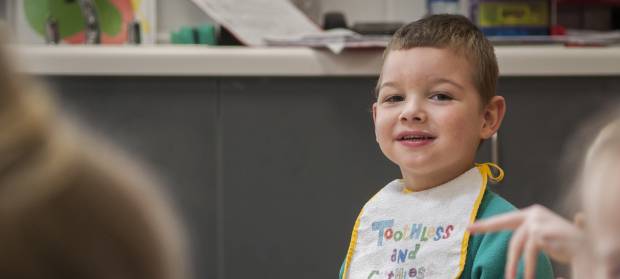When you have a child with a
learning disability
 A learning disability is to do with the way someone's brain works. It makes it harder for someone to learn, understand or do things.
, it's extra important to plan ahead and make sure you have the right support.
A learning disability is to do with the way someone's brain works. It makes it harder for someone to learn, understand or do things.
, it's extra important to plan ahead and make sure you have the right support.
We've listed a few things in your child's life you might want to plan for.
Being a carer
Your caring role may be demanding at times, and it is important that you get the help and support you need.
Talk to the professionals you are involved with, such as your health visitor, portage worker or
social worker
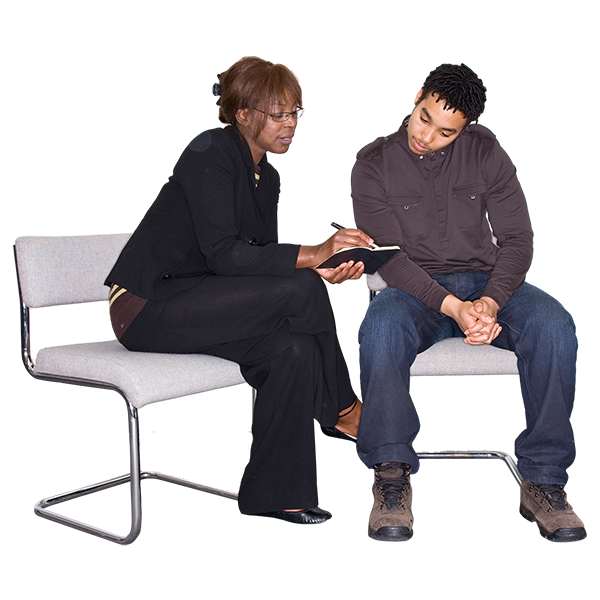 A social worker is someone who can help you get the support you need. Social workers usually work for your local
council
A social worker is someone who can help you get the support you need. Social workers usually work for your local
council
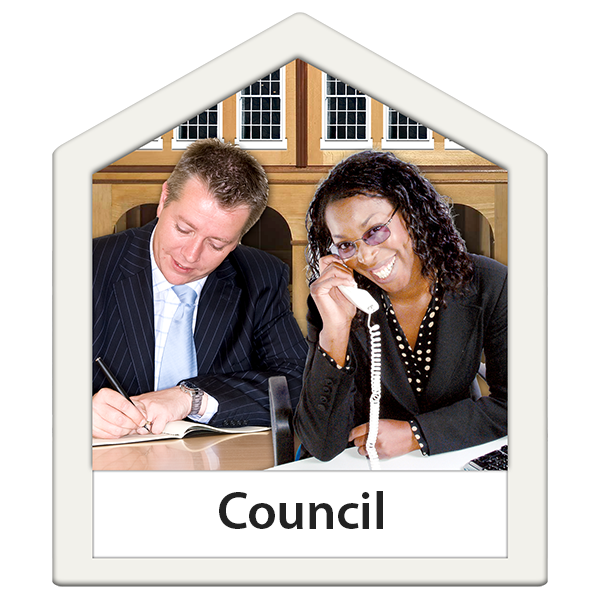 A council is also called a
local authority
A council is also called a
local authority
 A local authority is also called a council. They are a group of people who make decisions about some of the things in the area where you live like schools,
social care
A local authority is also called a council. They are a group of people who make decisions about some of the things in the area where you live like schools,
social care
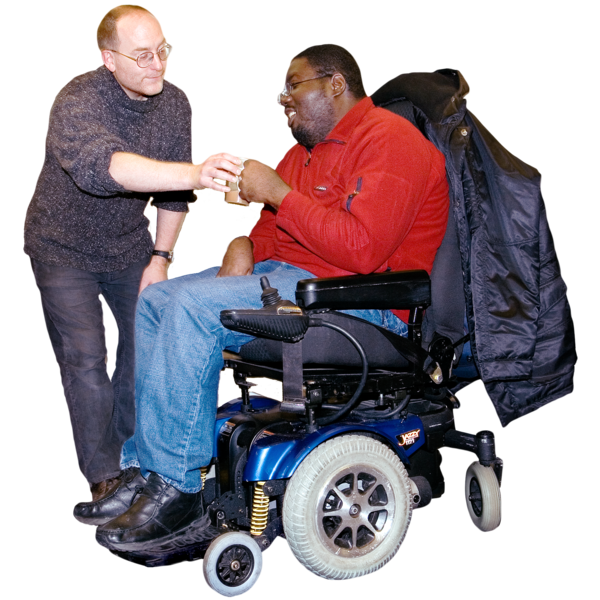 Social care means the services that give care and support to people who need it.
(support for people), parks and dustbin collection.
. They are a group of people who make decisions about some of the things in the area where you live. These include: schools, social care (support for people), parks and dustbin collection.
.
, to find out what help you are entitled to. This may include, for example, a carer's
assessment
Social care means the services that give care and support to people who need it.
(support for people), parks and dustbin collection.
. They are a group of people who make decisions about some of the things in the area where you live. These include: schools, social care (support for people), parks and dustbin collection.
.
, to find out what help you are entitled to. This may include, for example, a carer's
assessment
 An assessment is a way of finding out what help a person needs. When you have an assessment, you might have to go to a meeting or fill in a form.
or short breaks. Many parents also turn to local support services at this time, for example their local children's information
service
An assessment is a way of finding out what help a person needs. When you have an assessment, you might have to go to a meeting or fill in a form.
or short breaks. Many parents also turn to local support services at this time, for example their local children's information
service
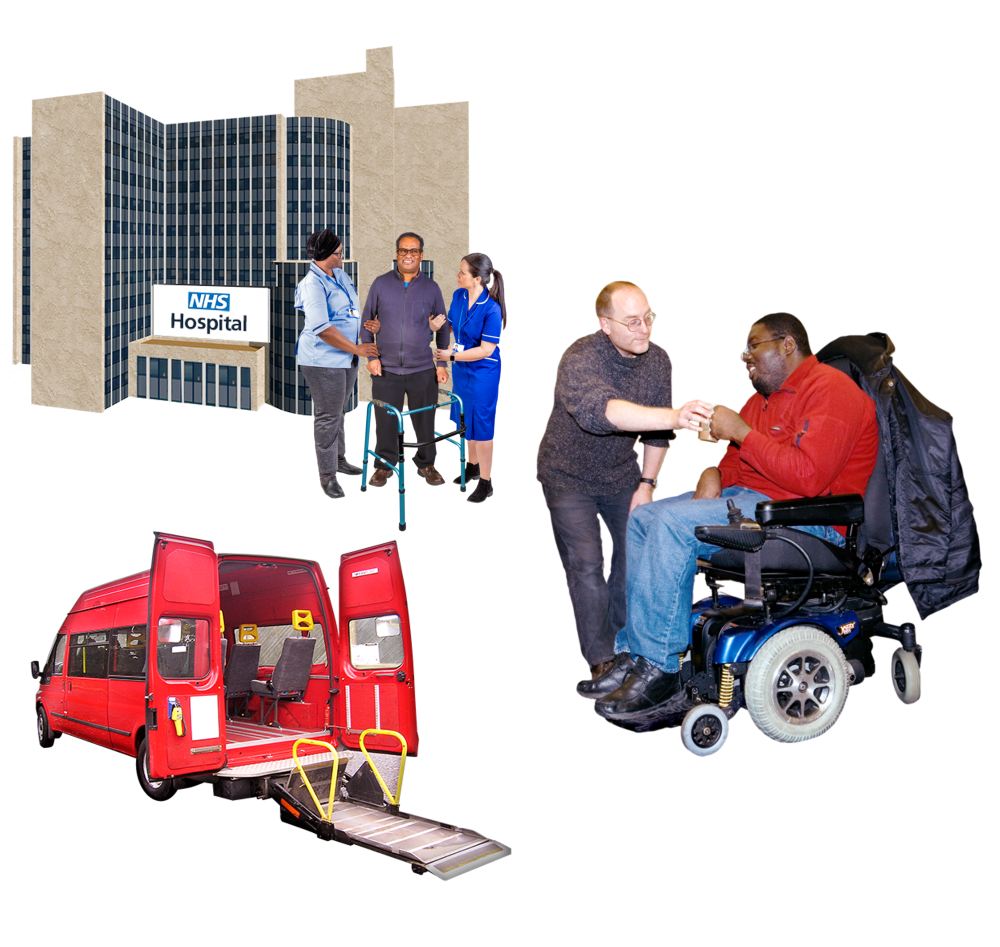 A service gives people what they need, like healthcare services that help people when they are ill, and support services that give people support.
or disability support group.
A service gives people what they need, like healthcare services that help people when they are ill, and support services that give people support.
or disability support group.
You may also be entitled to certain benefits. On average it costs more to bring up a child with a disability, due to additional costs of things such as clothing, heating and equipment.
For more information about what support is available to you, visit our support for parents and carers and our children and young people support sections.
Your employment
The parents of young and disabled children have the right to apply for flexible working, including carers of adults.
Flexibility in the workplace can mean part-time work, flexi-time, job-sharing, staggered hours or term-time working. However, you must make sure that you have a contract of
employment
 Employment means having a job.
flexibility that covers hours, times and places of work.
Employment means having a job.
flexibility that covers hours, times and places of work.
Talking to your child about their learning disability
As your child gets older, you may want to explain their condition to them. If you choose to do this, remind them of their strengths and build their self-esteem, and let them know that they are just as good as anyone else – they just have a different way of learning.
Your child's education
Contact your local council to ask about early
education
 Education is when you learn things. When you fill in a form to get a job, education means you write where you went to school, college or university.
and childcare placements for children aged 2-4 years. You can find out more information on our childcare pages.
Education is when you learn things. When you fill in a form to get a job, education means you write where you went to school, college or university.
and childcare placements for children aged 2-4 years. You can find out more information on our childcare pages.
As your child’s education progresses, it is a good idea to keep good communication links with your child's school. By taking an active interest you can support your child with what they have been learning and help to monitor their progress.
Find out more about education.
Transition into adult life
Transition
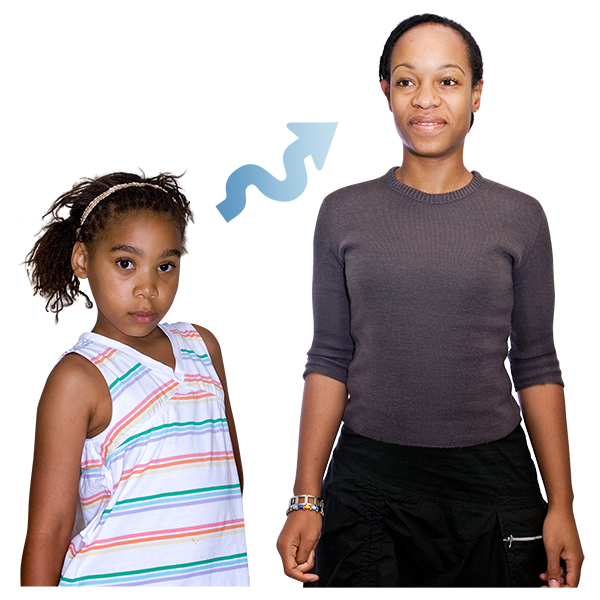 Transition means changing from one thing to another. Transition sometimes means things like when you change from having children's social care to adult social care.
into adult life can be a difficult process for both parents and children.
Transition means changing from one thing to another. Transition sometimes means things like when you change from having children's social care to adult social care.
into adult life can be a difficult process for both parents and children.
Parents have told us that services are no longer so readily available for adults, and at this stage it can feel like your choices have become much more limited.
Make sure you are prepared for transition by planning what they want to do in adulthood with them and professionals who work with them across their education, healthcare and social care.
Find out more about transition.
Your child’s employment
There are now many more opportunities for people with a learning disability to find work. Supported employment offers employment and training, while Jobcentre Plus has a co-ordinated disability employment advisor to provide support.
Find out more about employment. For help with finding employment, visit our employment services page.
Wills and trusts
We know it can be difficult to plan for the future. We can help by offering advice and suggestions about making a will, so you can be sure your loved one with a learning disability will get the financial support they need when you are no longer around.
How to get the support you need
Contact the Learning Disability Helpline, our advice and support line, for
guidance
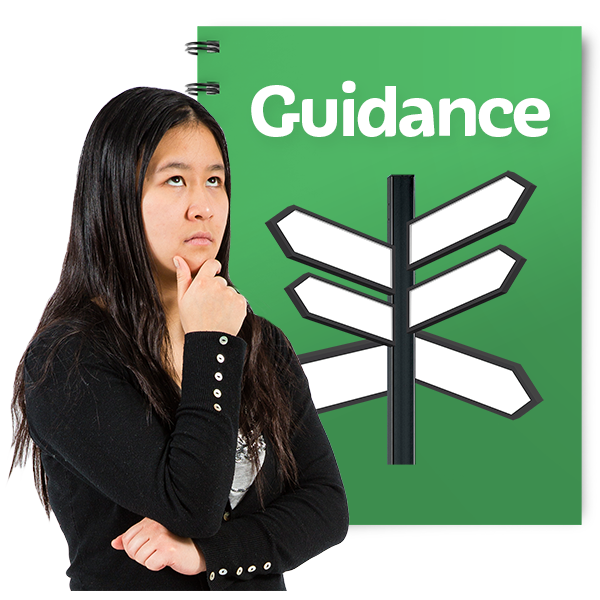 Guidance means being given clear instructions to be able to do something well.
and information about what support we can offer you.
Guidance means being given clear instructions to be able to do something well.
and information about what support we can offer you.
Or why not take a look at our online
community
 A community is the people and places in an area.
? This is a place for parents and family carers of people with a learning disability to share experiences, advice and support.
A community is the people and places in an area.
? This is a place for parents and family carers of people with a learning disability to share experiences, advice and support.
